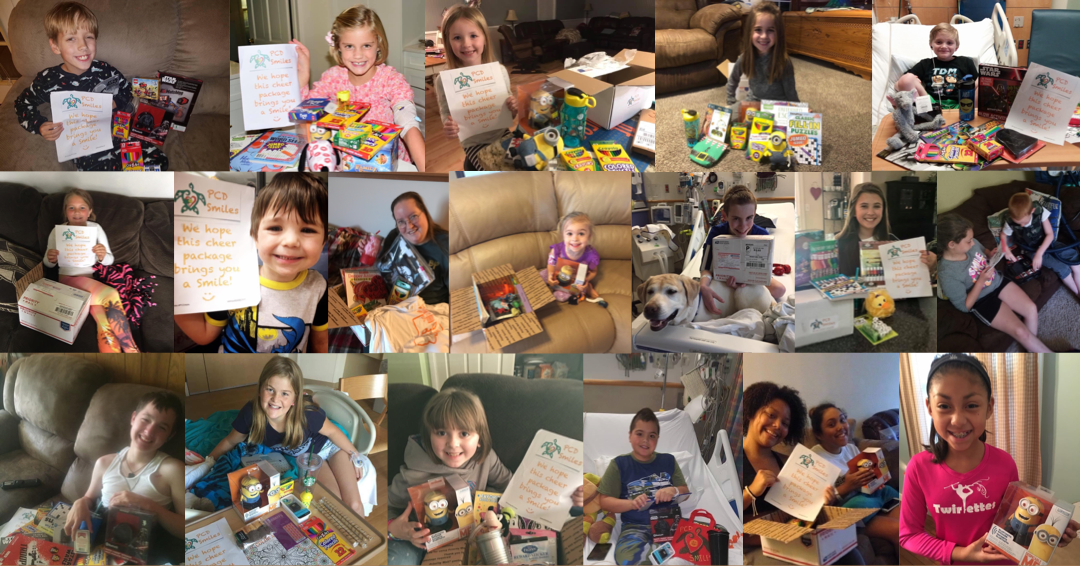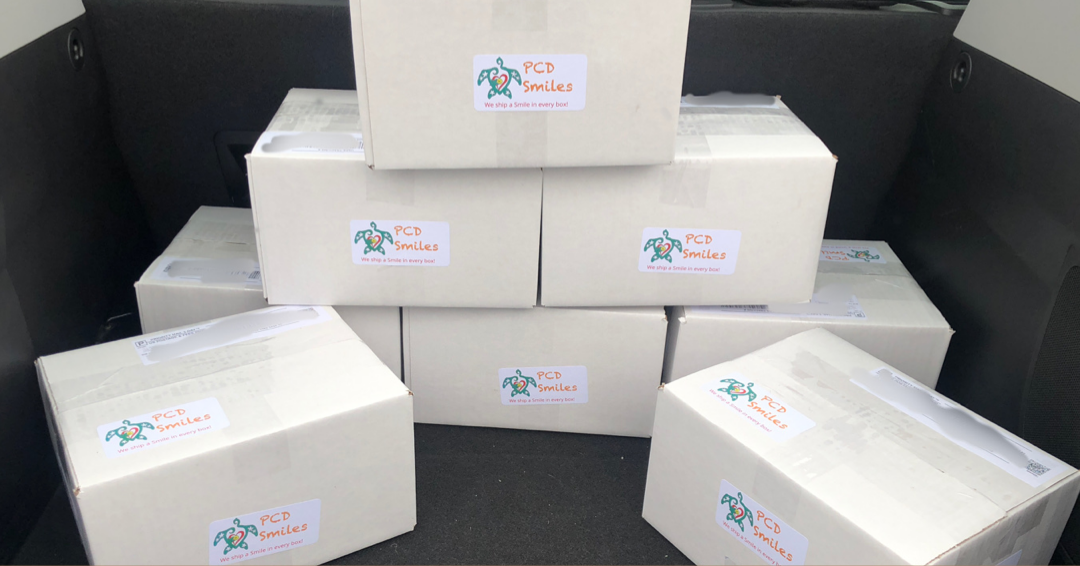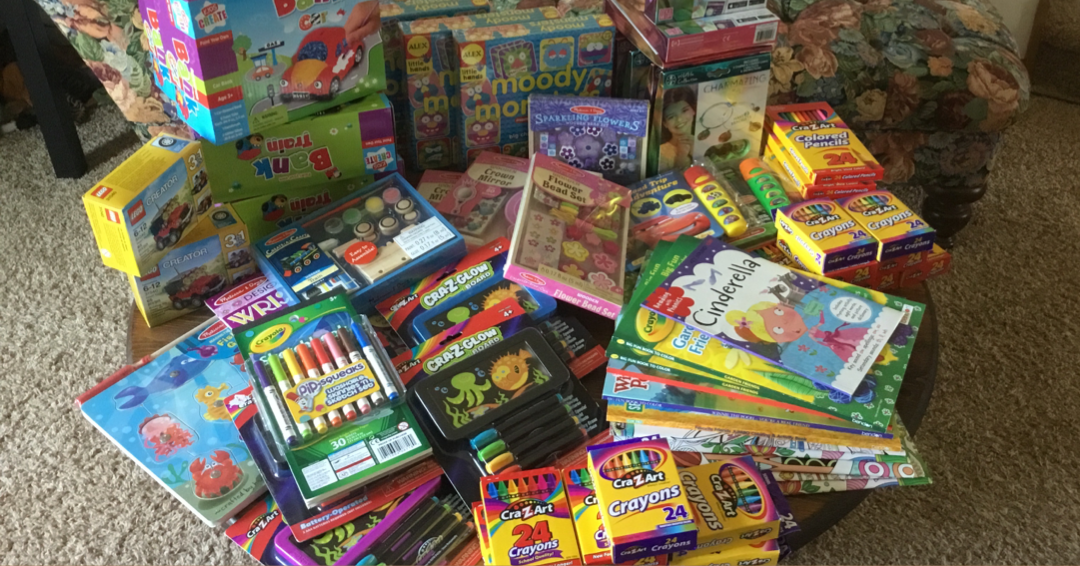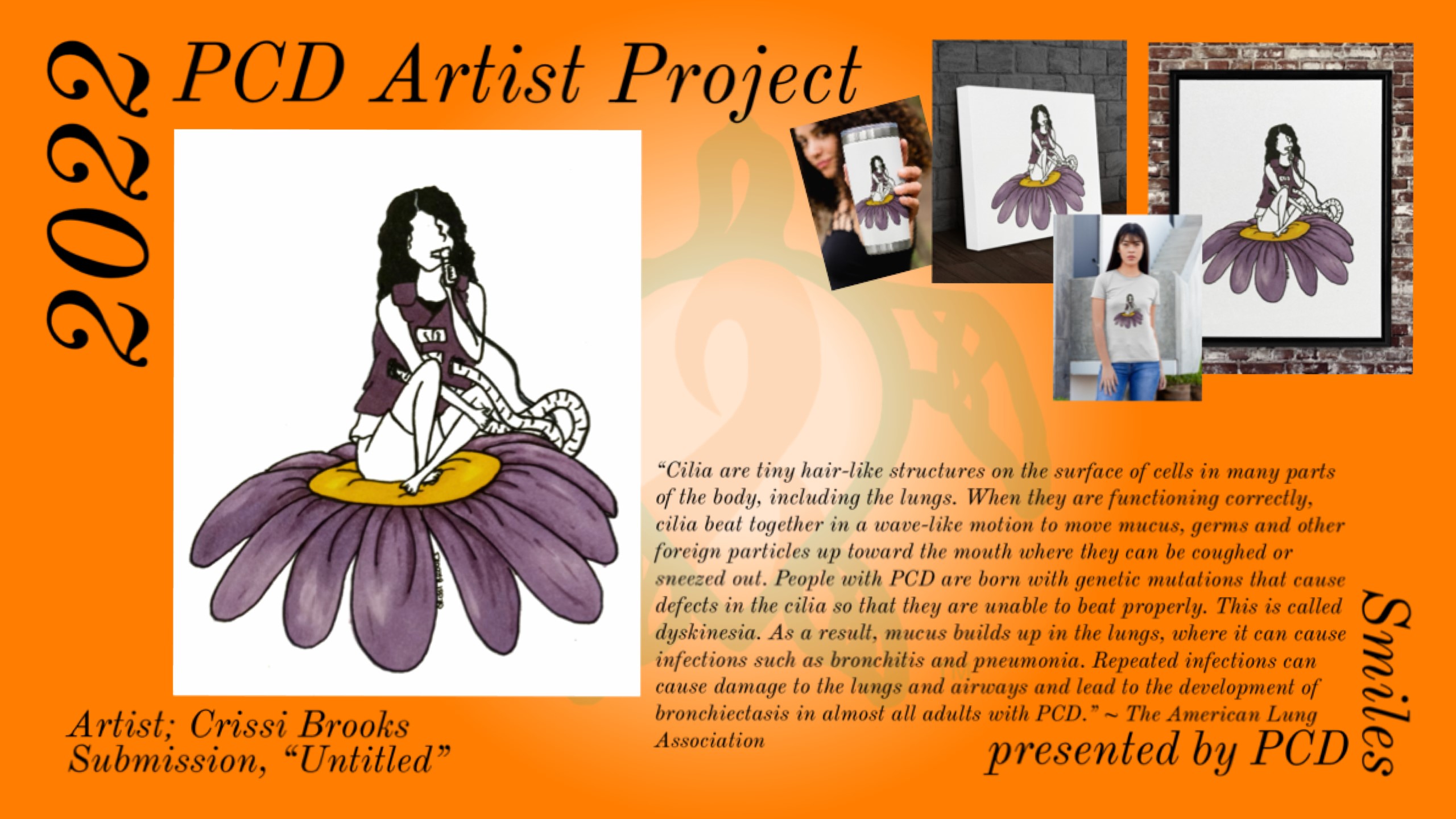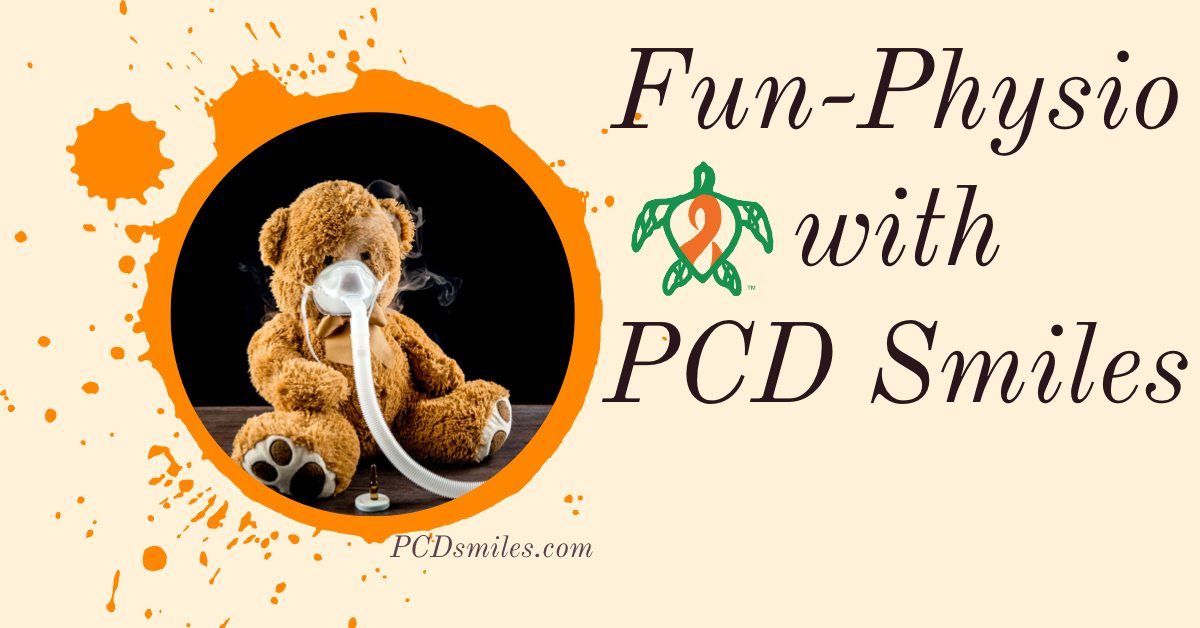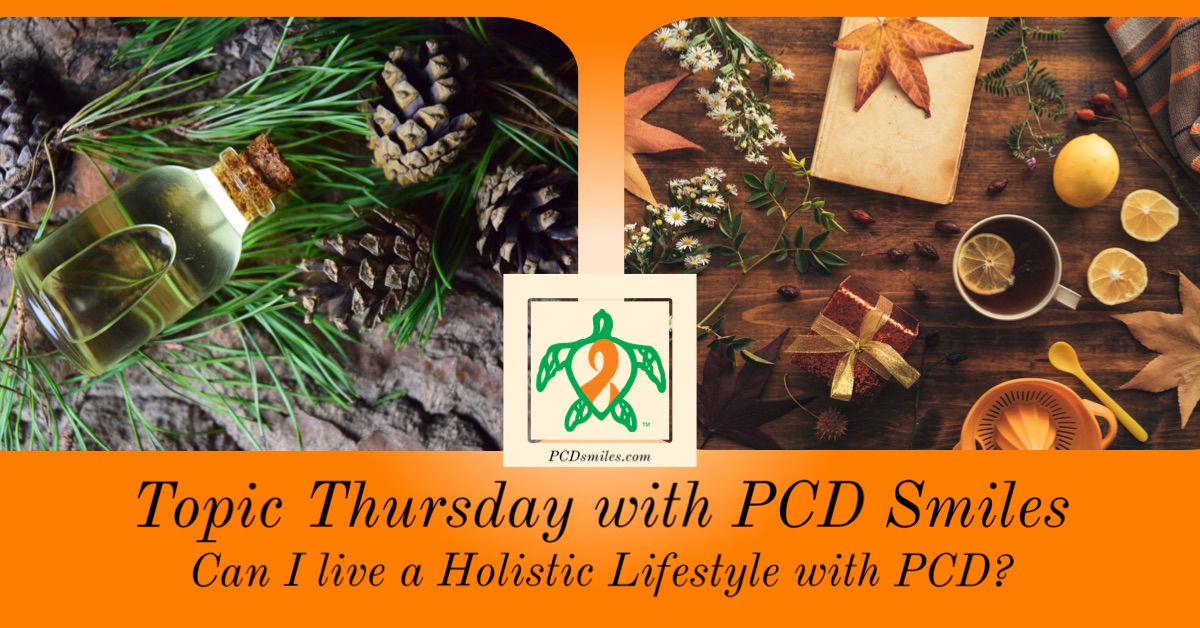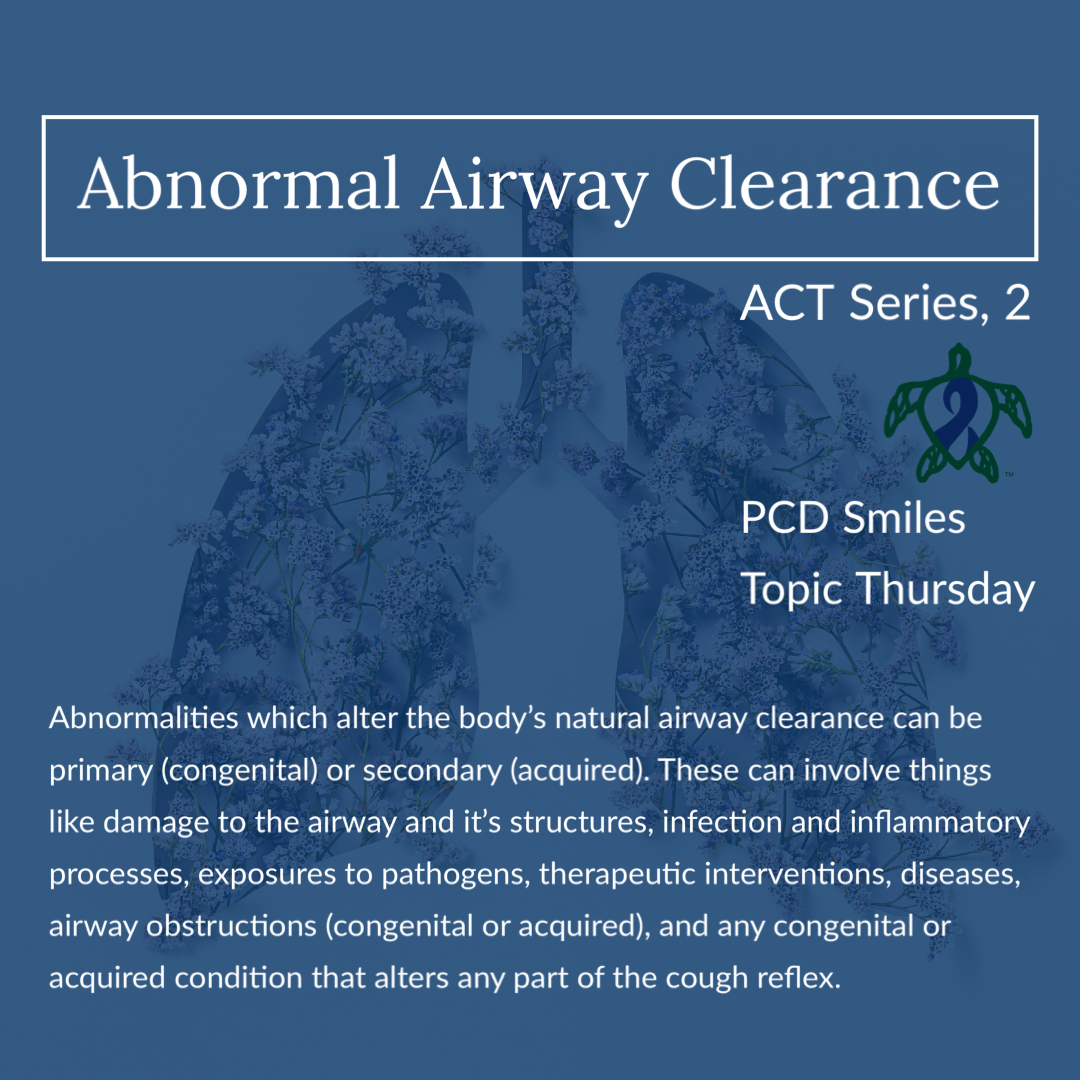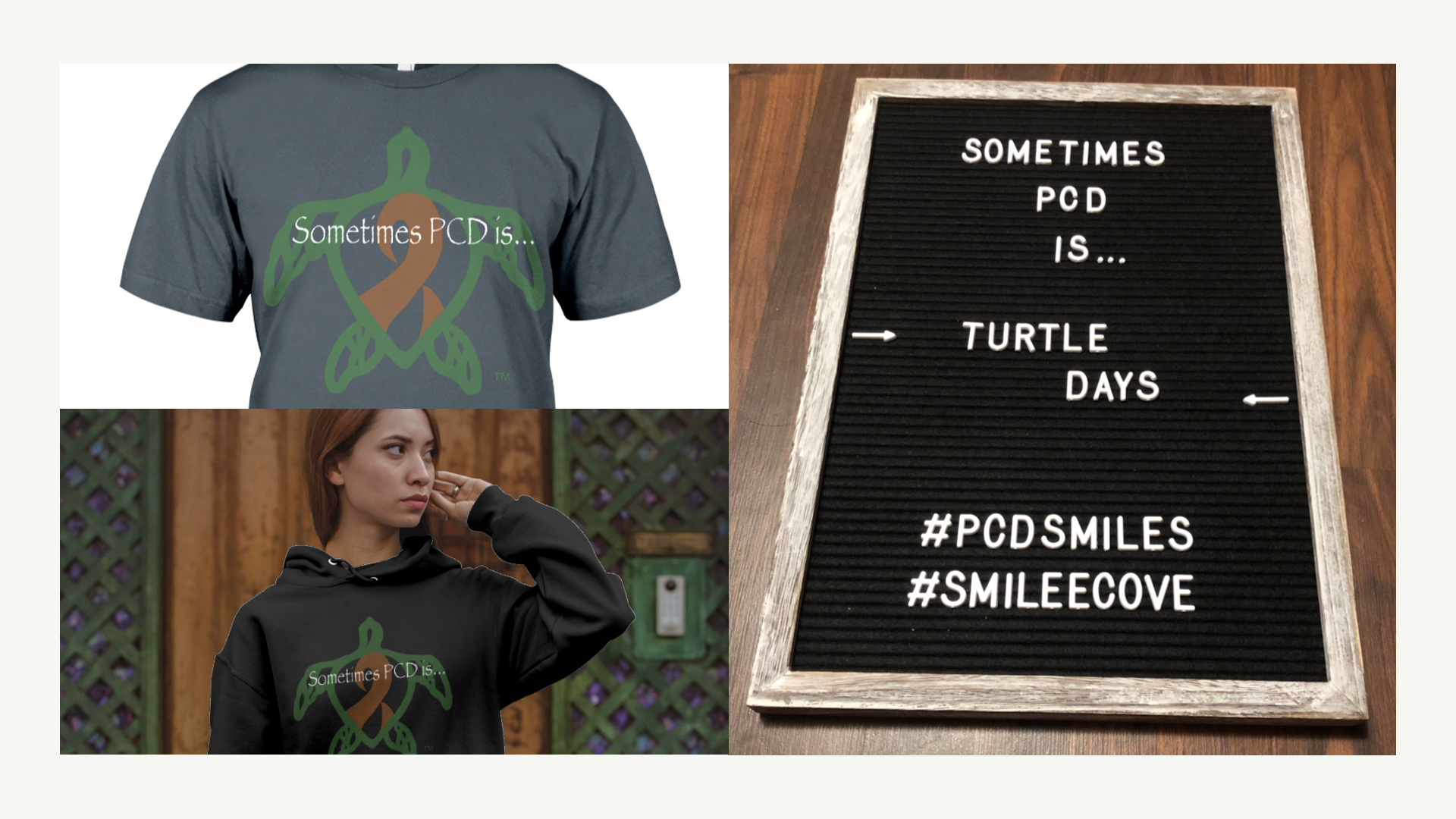There are tons and tons of conventional and unconventional airway clearance techniques around the globe. In fact depending on who you ask, you will be told which airway clearance technique is the absolute best especially those with primary ciliary dyskinesia. However there are absolutely no studies that prove that one type of airway clearance technique is better than another, even in cystic fibrosis care. There is even less data for primary ciliary dyskinesia patients. What data is available for airway clearance techniques suggests that the best airway clearance technique for any respiratory patient is the airway technique that the patient will actually do. Let’s face it, you might think blowing bubbles is a fun and easy way to get in PEP airway clearance but if your PCDer is afraid of bubbles then you are facing an uphill battle to get in airway clearance time. Exercise is another way to open airways (bronchodilation effects) but you have to apply active cycle breathing or huff cough to the exercise to get airway clearance treatments done. This is why using exercise alone is discouraged for airway clearance. You need the coughing to get the desired effect.
If you’re struggling to get your child engaged with their airway clearance techniques try turning airway clearance into play, it could help lessen the burden of persuading your child to do their treatments. If you’re an adult, remember that the best airway clearance technique for you is the one that you will actually do. There are tons of airway clearance techniques and tons of outside the box ideas as well. Experiment today and put the fun back into your life. Remember airway hygiene is an important part of primary ciliary dyskinesia care and the best airway clearance technique that a person with PCD can do is the one that they will actually do.
Join our Facebook group Turtle Talk Café today, click here.
We have several ways that you can donate to PCD Smiles;
- Visit Smile E. Turtle's Amazon Wishlist; https://www.amazon.com/hz/wishlist/ls/KNO9BAJR74I4?ref_=wl_share
- For more information on how you can donate, please visit our "Donation" page to check out our "Do & Don't policies at; http://www.pcdsmiles.com/support-pcdsmiles/donations2
- To sponsor a PCD Smiles Cheer-box today!
https://store.pcdstyle.com/21-donations
- To shop for your “Official” turtle care ribbon gear today!
or
https://www.smileecove.com/stores/cove
Thank you for your consideration!
#PCDsmiles #PCDstyle #PCDsmilesCookbook #PrimaryCiliaryDyskinesia #SmileEcove #TurtleTalk #TurtleTalkCafe #PCD#FunPhysioWithPCD
#PCDawareness to help find a #cure4PCD!
